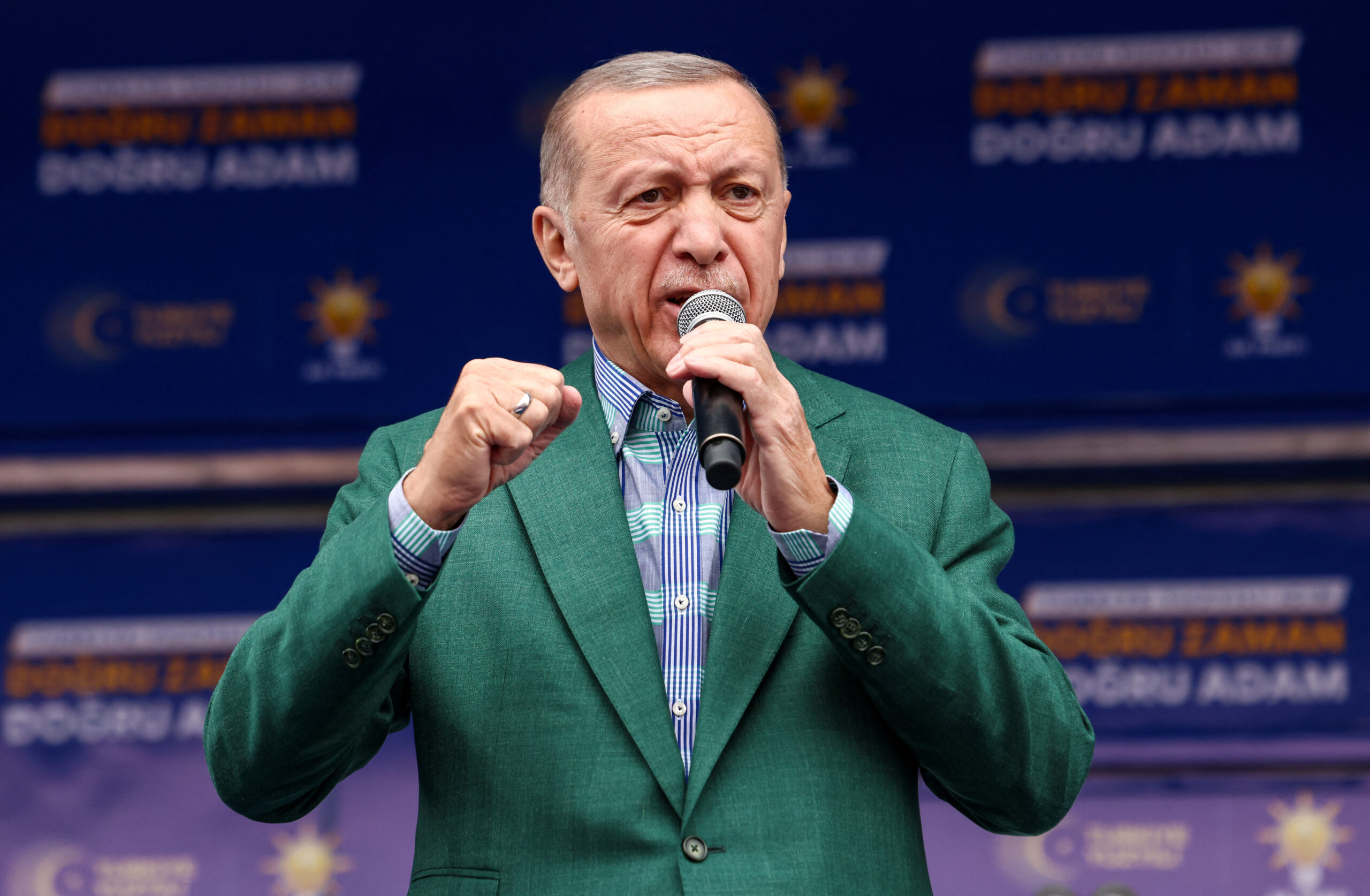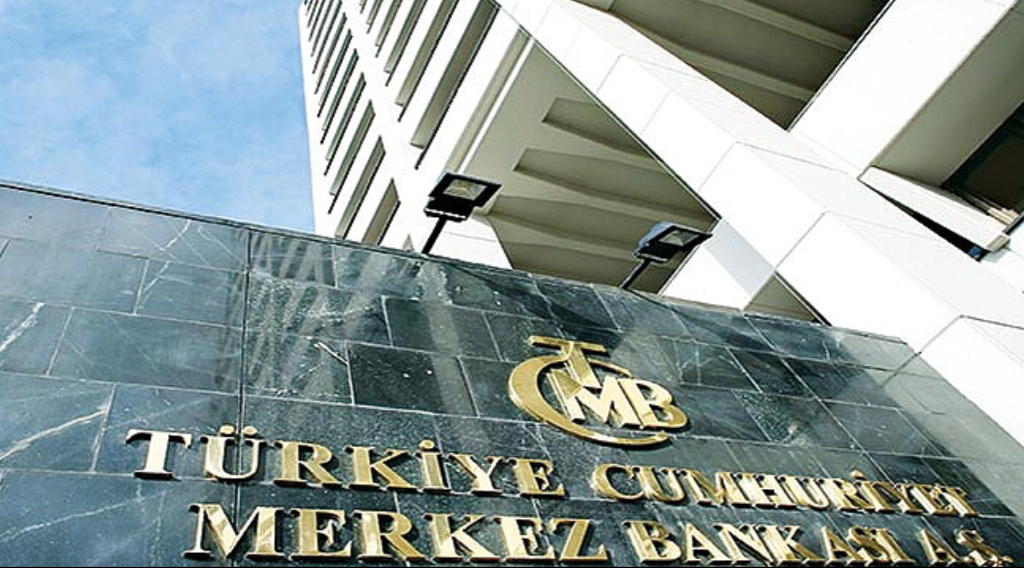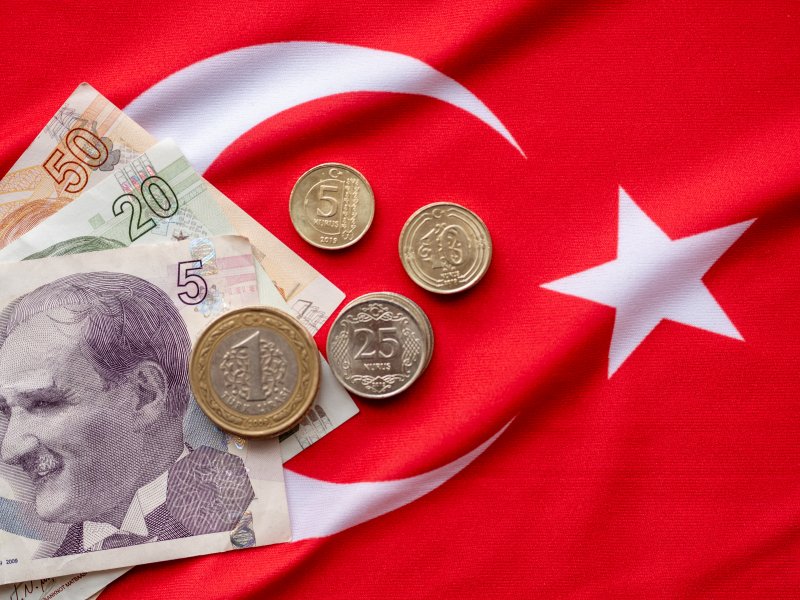The cost of buying insurance against default on Turkish bonds has shot up to its highest level since November as investors brace themselves for further market stress on signs that incumbent Recep Tayyip Erdoğan appeared on course to clinch the country’s presidential election.
The “spread” on five-year credit default swaps jumped more than 100 basis points to 607bp on Monday morning, the biggest single-day movement since March 2021. That means it would cost slightly more than $6mn a year to insure $100mn of debt against default for five years.
But investors cautioned of bigger swings to come. “So far everyone is in wait-and-see mode, no one really knows how the market will react,” said Cagri Kutman, Turkish markets specialist at KNG Securities.
“If Erdoğan stays in power, most likely we will see CDS trade at 750bp or more” he added.
Leading up to the vote, Turkish markets had rallied as Erdoğan’s main rival Kemal Kılıçdaroğlu was ahead in the polls and had vowed to undertake sweeping reforms to lure back foreign capital.
But as Turkish markets opened on Monday Erdoğan was well ahead, and is now viewed as the clear favourite, with the two main candidates likely to be sent to a second round of voting on May 28.
Yields on Turkey’s benchmark 10-year dollar-denominated bonds, meanwhile, jumped to 9.25 per cent on Monday, a sharp 0.97 percentage point increase from Friday, to the highest level since March. Yields rise when prices fall.
Movements in the currency were more muted after Turkish state banks sold dollars to support it ahead of the election results. The lira was down 0.2 per cent against the dollar to TL19.66.
Timothy Ash, of BlueBay Asset Management, a veteran Turkey watcher, said the government would fight to hold the lira steady until the second round but would struggle to do so for much longer.
“The battlefield will be the lira,” he said. If Erdoğan won the second round, he said, “we will be back to the perennial balance of payments crisis and we know the story there — Erdoğan doesn’t want to raise interest rates, Turkey has a big demand for dollars and they don’t have a lot of reserves”.
Turkey’s large current account deficit and shortage of reserves leave importers struggling to obtain dollars. Citizens trying to buy foreign currency as protection against depreciation and inflation add to downward pressure on the lira.
Ash said that if Kılıçdaroğlu had won the presidency, the lira would still have fallen to about TL25 against the dollar owing to unmet demand. With an Erdoğan victory, he expected it to fall quickly to between TL25 and TL30 to the dollar after the second round.
Assuming the government continues to prop up the lira post-election, the Central Bank of Turkey may be forced to raise rates in the second half of the year to avert a “major deposit dollarisation”, said analysts at UBS.
Turkey’s Bist 100 stock index — which ended 2022 at a record high but has since fallen 15 per cent — initially dropped 6.4 per cent before recovering to trade 3.1 per cent lower by midday local time. Financials were the worst-performing stocks, with the sector declining 8.3 per cent.
Real estate and construction groups shot higher: Kiler Holding rose by a tenth while Pasifik GYO and Kizilbuk GYO added 9.8 per cent and 8.7 per cent respectively.
Kutman said the recent rally in stocks, like demand for dollars, had been driven by local investors seeking protection against inflation and that this would limit the downside. Investors would now be looking for signs of a change in economic policy from the next Erdoğan administration but, as the president gave no indication of this during the election campaign, the likelihood of any shift towards economic orthodoxy was small.
“Clearly the keyword now is uncertainty,” Kutman said. “There are big question marks over what may come next.”
Turkish default protection costs soar as Erdoğan leads presidential vote


